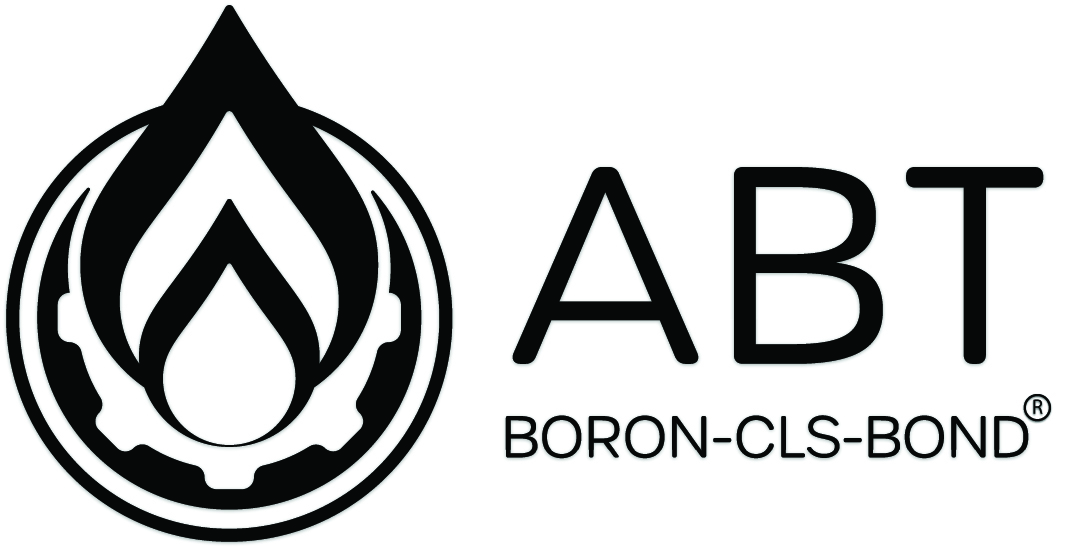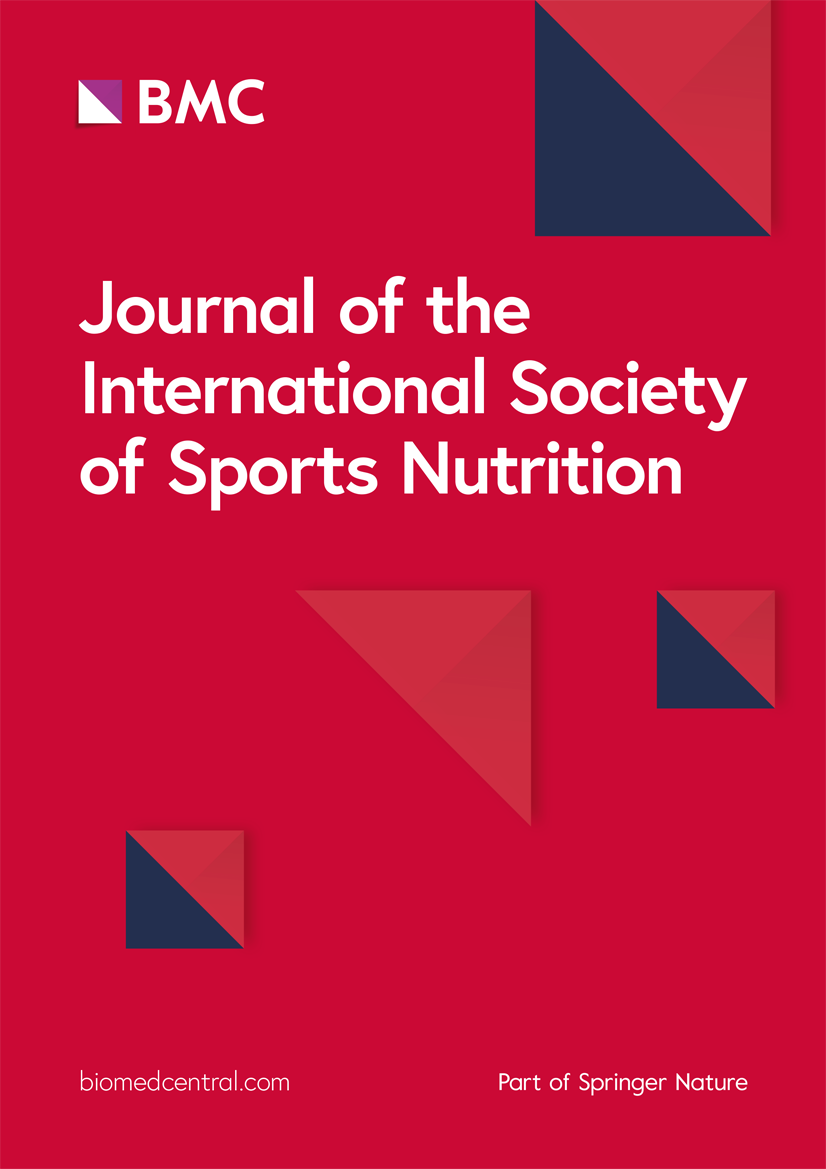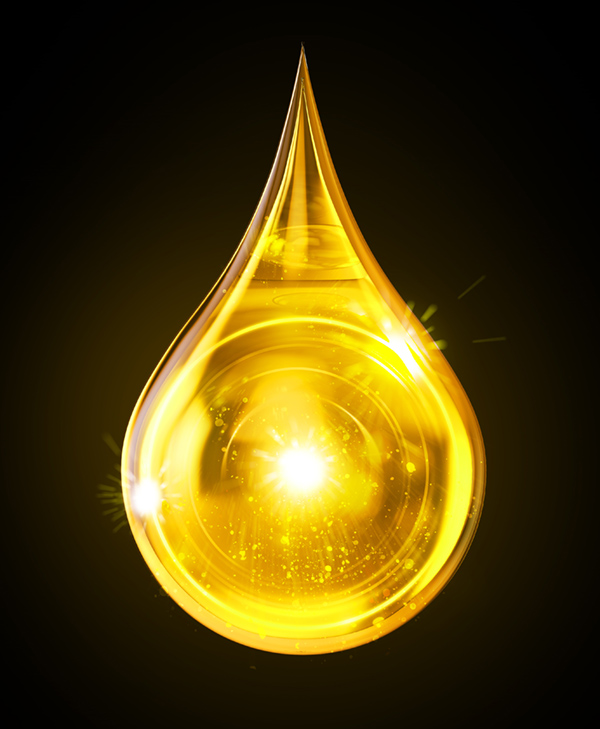sports nutrition centers
Sports nutrition centers
We work with athletes and active people of all ages, educating them on how best to fuel their bodies. We believe nutrition is highly individualized and work closely with our clients to figure out what will help them succeed what does surrender mean in blackjack.
“My new diet has allowed me to be less fatigued, not hungry and lose 12 lbs and 10% of body fat in less than 10 weeks. Not only am I able to sustain the effort longer, I became faster thanks to the 10 lbs less to carry.” ~Steve
5. Carson TL, West BT, Sonneville K, Zernicke RF, Clarke P, Harlow S, et al. Identifying latent classes of Relative Energy Deficiency in Sport (RED-S) consequences in a sample of collegiate female cross country runners. British Journal of Sports Medicine. 2022 Sep 22.
International society sports nutrition
Physical training produces changes in the extracellular and intracellular concentrations of trace minerals elements. To our knowledge, only three compartments have been studied simultaneously. The aim of the p…
Physical training produces changes in the extracellular and intracellular concentrations of trace minerals elements. To our knowledge, only three compartments have been studied simultaneously. The aim of the p…
In addition to these studies that spanned one to three weeks, several acute-response (single feeding and exercise sessions) studies exist, during which protein was added to a carbohydrate beverage prior to or during endurance exercise. Similarly, most of these interventions also reported no added improvements in endurance performance when protein was added to a carbohydrate beverage as compared to carbohydrate alone . An important research design note, however, is that those studies which reported improvements in endurance performance when protein was added to a carbohydrate beverage before and during exercise all used a time-to-exhaustion test . When specifically interested in performance outcomes, a time trial is preferred as it better mimics competition and pacing demands.
In conclusion, added protein does not appear to improve endurance performance when given for several days, weeks, or immediately prior to and during endurance exercise. While no ergogenic outcomes may be evident, the scientific literature is consistent in reporting that adding protein to a carbohydrate beverage/gel during exhaustive endurance exercise suppresses markers of muscle damage (creatine kinase) 12 to 24 h post-exercise and decreases the endurance athletes’ feelings of muscular soreness . For these reasons, it seems prudent to recommend for endurance athletes to ingest approximately 0.25 g of protein/kg body weight per hour of endurance exercise (in addition to the athlete’s regular carbohydrate intake) to suppress markers of muscle damage and improve subjective feelings of muscular soreness . Another important consideration relates to the impact of ingesting protein along with carbohydrate on rates of protein synthesis and balance during prolonged bouts of endurance exercise. Beelen and colleagues determined that adding protein to carbohydrate consumption throughout a prolonged bout of endurance exercise promotes a higher whole body net protein balance, but the added protein does not exert any further impact on rates of MPS. While performance outcomes were not measured, these results shift the focus of nutrient ingestion during prolonged bouts of endurance exercise to the ingestion of carbohydrate.
Collectively, these results indicate that increasing dietary protein can promote favorable adaptations in body composition through the promotion of fat-free mass accretion when combined with a hyperenergetic diet and a heavy resistance training program and can also promote the loss of fat mass when higher intakes of daily protein (2-3× the RDA) are combined with an exercise program and a hypoenergetic diet.
Improving one’s body composition through the loss of fat mass and increasing fat-free mass is often associated with improvements in physical performance. In this respect, many published investigations report that protein supplementation results in significant improvements in lean body weight/cross-sectional areas as compared to placebo treatments . Andersen et al. examined 22 healthy men that completed a 14-week resistance-training program (3 days/week consisting of 3–4 sets of lower body exercises) while supplementing with either 25 g of a high-quality protein blend or 25 g of carbohydrate. When the blend of milk proteins was provided, significantly greater increases in fat-free mass, muscle cross-sectional area in both the Type I and Type II muscle fibers occurred when compared to changes seen with carbohydrate consumption. Collectively, a meta-analysis by Cermak and colleagues reported a mean increase in fat-free mass of 0.69 kg (95% Confidence Interval: 0.47–0.91 kg) when protein supplementation was provided versus a placebo during a resistance-training program. Other reviews by Tipton, Phillips and Pasiakos, respectively, provide further support that protein supplementation (15–25 g over 4–14 weeks) augments lean mass accretion when combined with completion of a resistance training program.
Beast sports nutrition
Disclaimer: While we work to ensure that product information is correct, on occasion manufacturers may alter their ingredient lists. Actual product packaging and materials may contain more and/or different information than that shown on our Web site. We recommend that you do not solely rely on the information presented and that you always read labels, warnings, and directions before using or consuming a product. For additional information about a product, please contact the manufacturer. Content on this site is for reference purposes and is not intended to substitute for advice given by a physician, pharmacist, or other licensed health-care professional. You should not use this information as self-diagnosis or for treating a health problem or disease. Contact your health-care provider immediately if you suspect that you have a medical problem. Information and statements regarding dietary supplements have not been evaluated by the Food and Drug Administration and are not intended to diagnose, treat, cure, or prevent any disease or health condition. Amazon.com assumes no liability for inaccuracies or misstatements about products.
Customers find this pre-workout supplement works true to its word and provides good energy. They describe it as the best pre-workout, with one customer noting it’s more intense than other products. The taste receives mixed reactions, with several customers finding it disgusting. The pump quality also gets mixed reviews, with some saying it gives a good pump while others disagree.
Beast claims that some of these, like malate and gluconate, “allow for better creatine entry into muclces” or increase “solubility and absorption.” It may be true that some of these dissolve more easily in water. But there’s no evidence that they are more effective. The only real, published, peer reviewed study I found was performed on buffered creatine, and it firmly concluded that it wasn’t more effective at increasing muscle creatine or improving performance.
These are proprietary blends, so we don’t know exactly how much of each ingredient it contains, but the “Creature 5x Complex” is 4 grams of five creatines: creatine monohydrate, di-creatine malate, creatine anhydrous, Crea-Trona® (a kind of buffered creatine), and creatine gluconate. I’ll discuss these in more detail in the next section.
Sports nutrition degrees
Sports nutritionists, or sports dietitians, may provide individual and/or group/team nutritional counseling and education. Depending upon where they work, their goal will be to enhance the performance of athletes, or to improve an individual’s fitness through nutrition. Job duties of a sports nutritionist may include:
After receiving a bachelor’s degree, students can apply for a program at the graduate level to specialize in sports nutrition. Prerequisites for entering a graduate program vary, with some schools requiring an undergraduate degree in a related field like general nutrition or exercise science. Coursework for a master’s degree in sports nutrition typically includes topics such as kinesiology, exercise physiology, exercise and aging, vitamins and minerals, health promotion and sports supplements.
UNC’s MPH Nutrition concentration prepares students to provide, evaluate and communicate nutritional and dietary guidance that improves individual and population-wide health outcomes. In addition to developing their knowledge of nutrition science, students will explore behavior change, communication, counseling and the effects of dietary culture on individuals and communities.
The versatility of a PhD or EdD in Kinesiology with a concentration in Sports Nutrition opens the door to several career paths. Graduates of this program are well-prepared to take on leadership roles in a variety of exercise science settings, including:
If your state does not require you to be a dietitian in order to work as a sports nutritionist, check their regulations regarding non-dietitian nutritionists. You may still need to earn a graduate degree and seek certain certifications (which we will discuss further below).







